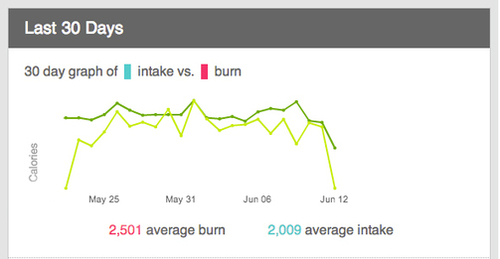GEAK : La première véritable montre intelligente sous Android 4.1 – Génération NT
19/06/2013Have advances in ICT impacted on marketing in pharmaceutical …
20/06/2013My Fitbit Flex Hasn’t Changed My Life, But It’s Telling Me What’s Wrong
Part two of a first-person experiment: Two weeks with the Fitbit Flex exposes the power, and the limits, of wearable fitness tracking devices.
Since living with the Fitbit, I am far more consciously aware of everything I do that even remotely affects my health. Wearing a tracker makes you think about how often you opt for the elevator, how full your plate is at every meal, and how much sleep you get on a daily basis. While I’m not neccesarily eating any better, I’m becoming more aware of what I eat too often (bagels) and not enough (anything green).
On the flip side, since wearing the tracker I’ve been sleeping more – and I feel that I’ve been sleeping better. Before using the Flex I’d been down to about five to six hours a night. And my sleep efficiency for the last two weeks has risen to a pretty stellar 94%.
The Fitbit Flex wristband, which carries the tracker, is a surprisingly comfortable device. It’s waterproof and unobtrusive while sleeping. Plus, one of its best features is a silent alarm function far less jarring when compared with a blaring alarm clock.
But like I said earlier, I’m not getting much in the way of suggestions. It would be great, for instance, if the Fitbit app on my iPhone let me know when I was spending an unhealthy amount of time sitting, perhaps with a nudging notification telling me to go take a walk. Instead, it just shows a depressing pie chart, making sure to highlight my time spent wasting away in a chair with the color gray.
See on readwrite.com




